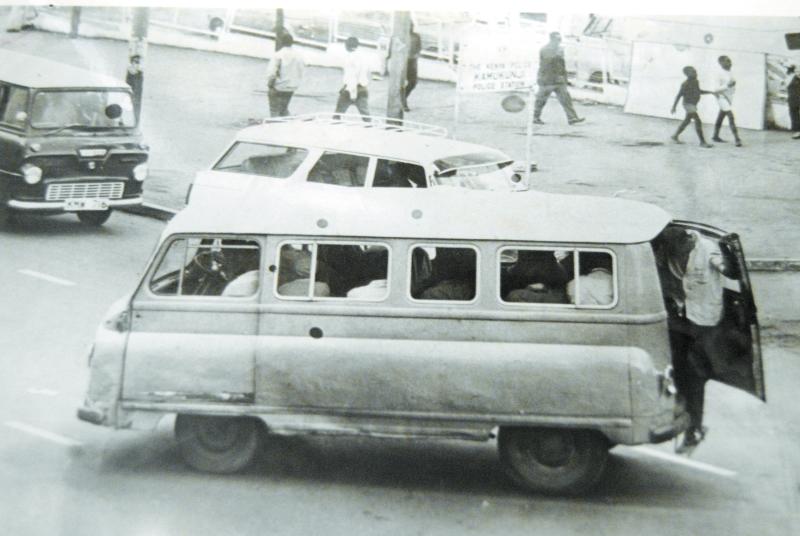×
The Standard e-Paper
Smart Minds Choose Us

Few sectors in Kenya are as controversial as the matatus. Efforts to drive them out of town are as old as the industry itself. Any efforts to drive them out of the city centre are met with strike threats that inconvenience thousands of commuters.
However, it is only during their intermittent strikes does the city become quiet. Love them or hate them, the matatu is perhaps the only sector in Kenya wholly owned by Kenyans as there has been no foreign investor brave enough to burn his fingers in the seemingly chaotic sector.